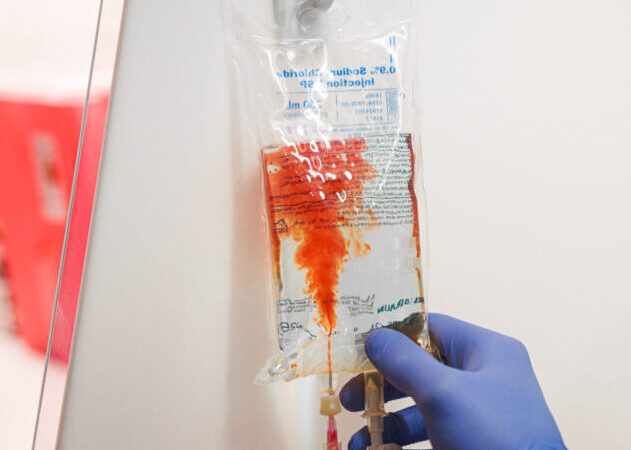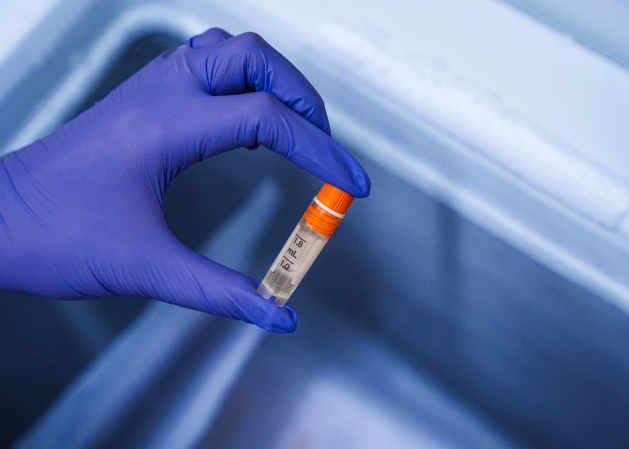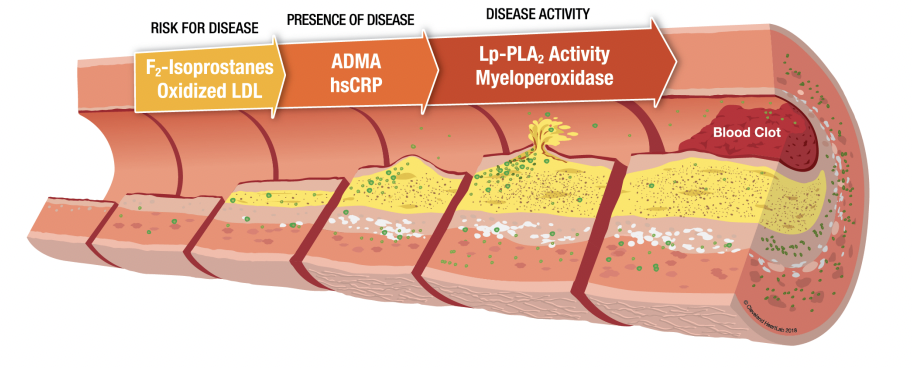Are you frustrated with your weight loss efforts despite following rigorous workout routines and diets? It may be time to delve deeper and consider the impact of hormones and lesser-known medical conditions on your body’s ability to shed pounds. By understanding the role of hormones and exploring potential solutions, you can overcome obstacles on your weight loss journey and achieve better results.
- Hormonal Imbalances and Weight Loss:
Hormone imbalances are often associated with women, particularly during menstrual cycles or menopausal years. However, men can also experience hormone imbalances, albeit less openly. These imbalances can lead to excessive fat storage in specific areas of the body, affecting behaviors, eating habits, stress responses, and motivation. Estrogen dominance, commonly seen in conditions like PCOS and endometriosis, can cause fat gains around the abdomen, hips, and thighs in women. Symptoms such as water retention, sugar and carb cravings, and decreased energy further hinder weight loss efforts.
Similarly, elevated estrogen levels in men, resulting from testosterone conversion, contribute to increased body fat and water retention. As men age, reduced androgen production coupled with sustained estrogen levels can lead to abdominal obesity, muscle loss, and various health issues. Understanding the impact of hormonal imbalances can help both men and women tackle weight struggles more effectively.
- Thyroid Functions and Weight Loss:
If hormone levels are determined to be in check, but weight loss remains elusive, it may be necessary to examine thyroid functions. An underactive thyroid (hypothyroidism) can slow metabolism, leading to weight gain or making weight loss extremely challenging. Symptoms such as fatigue, constipation, dry skin, and coarse hair often accompany low levels of thyroid hormones. Hashimoto’s thyroiditis is a common cause of hypothyroidism, affecting individuals like Gigi Hadid, Zoe Saldana, Gina Rodriguez, and Kim Cattrall, who have openly discussed their weight struggles. Unfortunately, hypothyroidism is frequently overlooked during routine physical exams, emphasizing the need for increased awareness.
- Exploring Adrenal Dysfunction:
If neither hormonal imbalances nor thyroid issues explain your weight struggle, it might be time to consider adrenal dysfunction, which can be indicated by elevated cortisol levels. Increased cortisol levels cause inflammation, water retention, and fat storage. The body perceives fat as a valuable energy source and tends to preserve it. Conventional testing often overlooks subtle changes in adrenal hormone levels, making it crucial to discuss all symptoms with a physician for a comprehensive evaluation.
- Adrenal Gland Functions and Weight:
When tests reveal issues with adrenal gland functions, metabolic processes governed by various hormones are affected. Cortisol, the most well-known hormone, maintains balance and regulates blood sugar and pressure. Excessive cortisol levels may indicate a diagnosis of Cushing’s syndrome. This dysfunction leads to weight gain, fatty tissue deposits around the midsection, upper back, and between the shoulders, as well as a rounded face appearance and discolored stretch marks. It is essential to address adrenal dysfunctions promptly, as early treatment offers better recovery outcomes. Functional medicine physicians can provide personalized evaluations and utilize bio-identical hormones to restore hormonal balance efficiently, including those released during stress.
In conclusion, there are several medical conditions associated with weight gain or the inability to lose weight and it is crucial to recognize that numerous other factors can influence weight loss outcomes. Rather than jumping to simplistic conclusions, it is important to connect symptoms and explore potential hormonal imbalances. Diagnosing hormonal imbalances requires patience and persistence, but it is vital for overall health. By seeking the assistance of knowledgeable providers, such as those at R3 Health, you can better understand your body’s chemistry and find effective solutions tailored to your needs. Don’t let hormonal obstacles hinder your weight loss goals; take proactive steps towards achieving a healthier and fitter you.
























